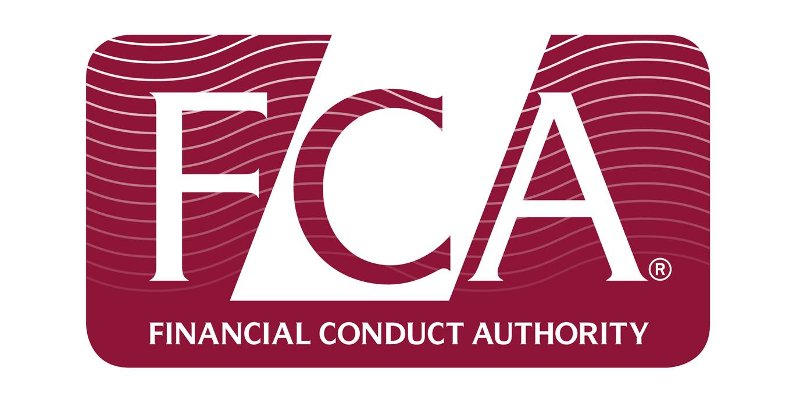The sandbox allows firms to test innovative products, services or business models in a live market environment.

The Financial Conduct Authority (FCA) unveiled the firms that were successful in their applications to begin testing in the third cohort of the sandbox.
The sandbox allows firms to test innovative products, services or business models in a live market environment, while ensuring that appropriate protections are in place. It is part of Innovate, an initiative kicked off in 2014 to promote competition in the interest of consumers. The sandbox was a first for regulators worldwide, underlining the FCA’s commitment to innovation in financial services.
The current cohort consists of: Barclays, Barkat Ventures, Chynge, Curl, Economic Data Sciences, FutureFlow, first direct and Bud, Nationwide, Orca, Etherisc, Yoti, Wrisk, reBank, Solidi, Square Book, Sherpa Management Services, Spherical Defence Labs and ResonanceX.
Christopher Woolard, executive director of strategy and competition at the FCA, said: “Since we first opened the sandbox, it has supported almost 70 firms in testing innovative new products and services.
“It is particularly encouraging that we are now seeing more applicants from outside London and a broader range of firms testing in the sandbox.
“As we open the application window for our next sandbox cohort, we continue to encourage applications from firms of all sizes and from a wide range of sectors, including sectors we haven’t seen heavily represented in the sandbox to date.”
The FCA received 61 submissions for the third phase of the regulatory sandbox. 18 applications met the sandbox eligibility criteria and were accepted to develop towards testing, covered a range of areas such as, blockchain based payment services, RegTech propositions, general insurance, AML controls, and biometric digital ID and Know Your Customer (KYC) verification.
They are also diverse in location with the proportion of regional firms increasing in each subsequent cohort. Over 40% of firms invited to test in cohort 3 are based outside London, compared to 35% in cohort 2 and 25% in cohort 1.



